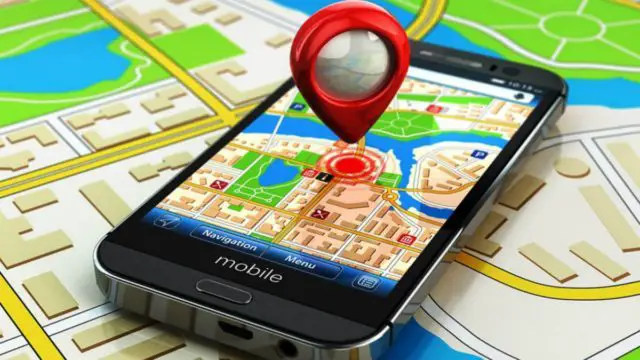Whatever the subject is, on the Internet you will always find information of all kinds; you can even get to find personal information. Everything that is published on the Internet such as photos, videos, opinions, and even what others publish about people, remains on the network.
To know what kind of personal information is on the Internet, whether it has been published by the owners themselves or by third parties, legitimately or illegitimately, there is a practice known as Egosurfing. “It consists of using social networks and Internet search engines, such as Google, using search terms relatedto people, such as name, surname, profession, etc., to locate personal information on websites and other platforms. It is a good practice that everyone should carry out periodically, to know what is said about people, how it is said, who is saying it and for what purpose, and to identify possible information that should not be published and that can be eliminated”, explained Gezer Molina, of the Cybersecurity Commission of the College of Professionals in Informatics and Computing (CPIC).
The practice of Egosurfing can be done in different ways, such as entering Google Alerts. This Google tool allows you to configure the sending of notifications to email, on any topic of interest, through these steps:
• Access the link ‘https://www.google.es/alerts‘ or search for ‘Google Alerts’ directly in the search engine.
• Enter the concept or terms in the search bar to establish the alert, such as:
• Name and surname/s: «Manuel Example» or «Manuel Example Example».
• Surname(s) followed by the name separated by a comma: “Example, Manuel” or “Example Example, Manuel”.
• Name and surname, plus the city (outside the quotes): «Manuel Example» Costa Rica.
• Email address: [email protected].
• Telephone number (with or without spaces and hyphens): “88293028″.

Google images also allows you to search for specific images, such as profile photos or images shared with other people confidentially. And finally, searches on social networks and other platforms. Practicing Egosurfing within social networks, or other platforms such as forums or contact websites, can help discover if there are false profiles impersonating identity, using a description of personal data or photographs.
In general, it is enough to access the website and enter the full name, username, email or other identifying information in the platform’s search engine. “When this practice is carried out, it is likely that information will be found that people do not like. In the case of finding any type of information that you want to delete, such as images or personal data, you must configure the privacy options of social networks in case of finding unknown personal publications or false profiles, it is best to access the settings and configure the privacy options to prevent strangers from accessing the information”, added Molina.

